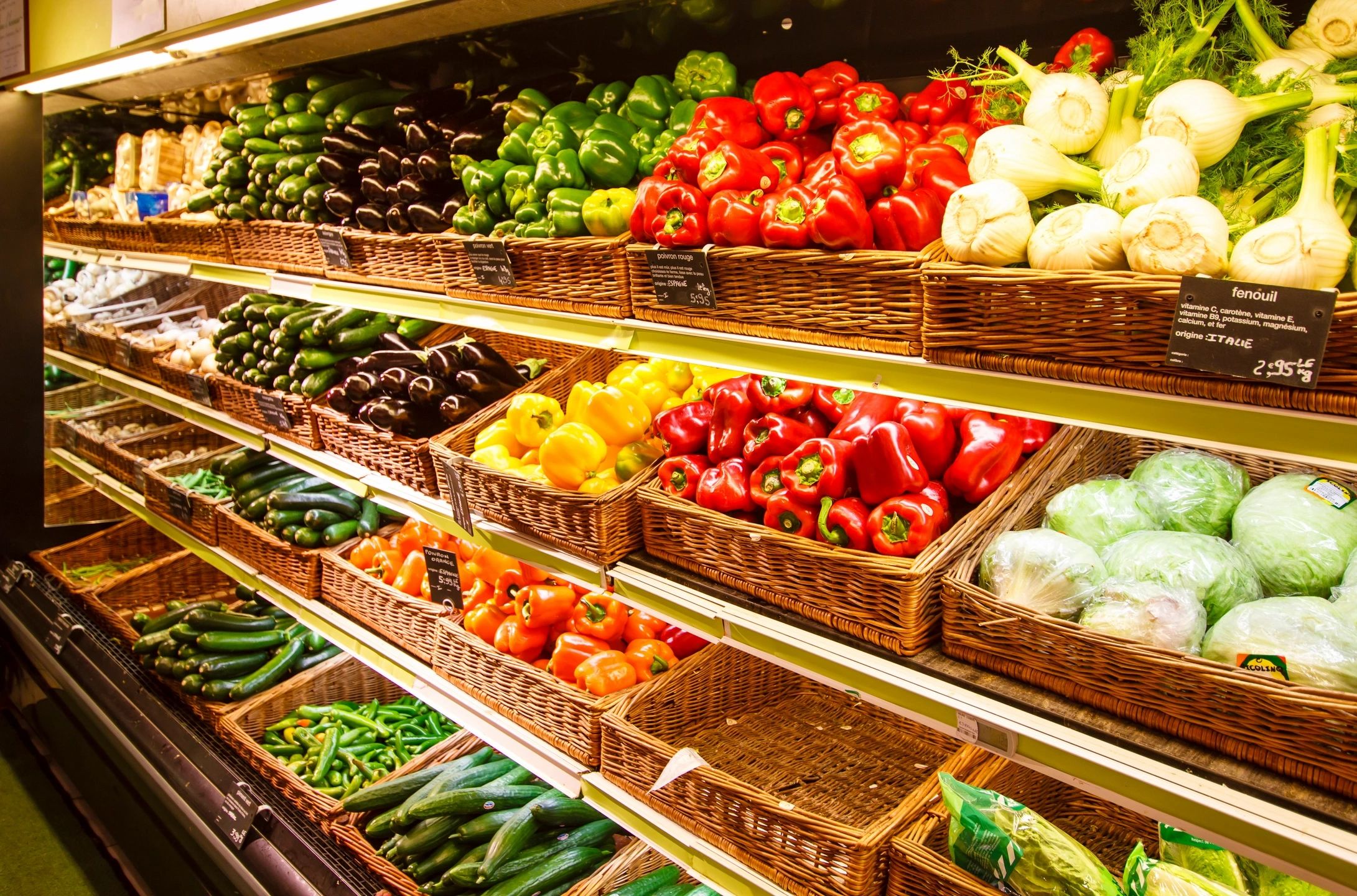
How-to Avoid Eating Synthetic Foods
Thank you for reading this post, don't forget to subscribe!Synthetic foods, also known as processed foods, are commonly found in grocery stores and fast food restaurants. These foods are often high in calories, fat, sugar, and salt, and are low in essential nutrients like fiber, vitamins, and minerals. There are many reasons why it is important to avoid eating synthetic foods.
In today’s world, it can be challenging to avoid synthetic foods entirely. However, there are some steps you can take to minimize your intake of these types of foods.
Eat Whole Foods
Eat Whole Foods: whole foods are minimally processed and do not contain synthetic additives. Examples of whole foods include fruits, vegetables, whole grains, and lean proteins. These foods provide essential nutrients, fiber, and antioxidants that are important for good health.
Read Food Labels Carefully
Read Food Labels Carefully: look for foods that are free from artificial colors, flavors, and preservatives. ‘Organic’ doesn’t always mean ‘organically-grown,’ read the label and find out for sure what you’re bringing into your body. Avoid foods that contain synthetic ingredients such as hydrogenated oils, high fructose corn syrup, artificial flavors, and colors. Choose products that have fewer ingredients and are minimally processed.
Cook Your Meals at Home
Cook Your Meals at Home: this way, you have complete control over the ingredients you use. You can use fresh ingredients and avoid added sugars, salt, and other synthetic additives commonly found in processed foods. At home, you have the power of knowledge over your food.
Avoid Eating Out at Fast-food Restaurants
Avoid Eating Out at Fast-food Restaurants: most fast-food chains heavily rely on synthetic foods to create their meals.
Browse Farms, Talk to Farmers
Browse Farms: shopping at your local farmers’ market, or buying directly from local farmers can help you avoid synthetic foods. These foods are often fresher and free from synthetic pesticides and fertilizers. Make sure to confirm whether or not the farm has used any synthetic chemicals on their crops during their lives—additionally, ask whether or not the farmers’ have ever grown GMOs anywhere on their farmland, this can often affect nearby crops, sometimes even years after the GMO crops have been completely removed from the farmland; this is due to the chemicals’ resiliency at remaining in the soil.
Synthetic foods can increase the risk of chronic diseases such as heart disease, diabetes, and cancer. These foods often contain harmful additives, preservatives, and artificial colors and flavors that can damage our health in the long run.
Synthetic foods can lead to weight gain and obesity. These foods are designed to be addictive and can be difficult to resist, leading to overconsumption and weight gain.
Synthetic foods can have a negative impact on the environment. The production of these foods often involves the use of chemicals and pesticides that can harm the environment and contribute to climate change.
It is important to avoid eating synthetic foods and instead choose whole, natural foods that are high in nutrients and low in harmful additives.
By following these steps, you can significantly reduce your intake of synthetic foods and maintain a healthy diet and overall sense of well-being.

How-to Avoid Eating Synthetic Foods
